Our psychotherapy ward 25 has treatment focuses for depressive disorders and obsessive-compulsive disorders. Our ward with 20 beds has double rooms, each with its own bathroom, and four single rooms with their own bathroom (as an optional service). The senior medical director of the ward is PD Dr. med. Rainald Mössner. Prof. Dr. Andreas Wittorf works as a supervisor and psychological psychotherapist.
Station 25
Contact
frontend.sr-only_#{element.icon}: +49 7071 29-84520
Psychotherapy for depression
Treatment is carried out using methods of Cognitive Behavioural Therapy (CBT) or Interpersonal Psychotherapy (IPT). The therapy aims at overcoming self-deprecating thought patterns and coping with interpersonal problems related to the occurrence of depression.
These problems can be a conflict in a relationship or at work, the loss of a familiar person or a serious change in lifestyle (e.g. retirement, change of residence).
In addition, the ward offers proven drug therapies, activating and rhythmic therapy modules such as physiotherapy, occupational therapy, relaxation and, if desired, pastoral counselling. You should be prepared to undergo inpatient treatment lasting several weeks.
Before a possible admission, we would like to ask you to make an appointment in our special consultation hour for depression:Inpatient admission is usually via a waiting list. A tour of the ward is possible before admission.
Cognitive behavioural therapy for obsessive-compulsive disorders
The open psychotherapy ward 25 has a smaller treatment focus for people with obsessive-compulsive disorders. In particular, if severe compulsions massively interfere with everyday life or additional mental illnesses (e.g. depression, personality disorder) are present, inpatient treatment may be indicated.
Treatment for obsessive-compulsive disorder consists of a combination of cognitive-behavioural therapy (including exposure with response prevention) and medication and thus follows international treatment guidelines. The principle of exposure with response prevention is that you face your anxiety-provoking situations in gradual steps. In doing so, you should allow and intensively experience all feelings that arise and at the same time refrain from all compulsive actions. Through such exercises you can learn new ways of coping with the anxiety you are experiencing and develop new norms of behaviour. In the course of treatment you will learn to live with imperfect security and certain risks. You will of course be carefully prepared for these exercises and nothing will happen against your will. You should be prepared to undergo several weeks of inpatient treatment.
Treatment concept for obsessive-compulsive disorder
The 12-week treatment plan for obsessive-compulsive disorder is divided into three phases:
Initial phase (weeks 1-3)
- Detailed exploration, relationship building
- Evaluation and, if necessary, optimisation of pharmacological treatment
- Start of psychoeducation (group offer)
Middle phase (weeks 4-8)
- Behavioural and problem analysis, definition and implementation of multimodal therapy, preparation and implementation of exposure treatment
Completion phase (weeks 9-12)
- Exposure exercises on one's own, exposure exercises at home, discussions with relatives, if necessary work trial
Psychoeducational therapy group for patients with obsessive-compulsive disorder
We also offer a psychoeducational therapy group for patients with obsessive-compulsive disorder (providing information about the disorder and exchanging experiences with other sufferers).
Before a possible admission, we would like to ask you to make an appointment at our special consultation for obsessive-compulsive disorders. This appointment serves on the one hand to clarify whether an obsessive-compulsive disorder is actually present and on the other hand to discuss suitable psychotherapeutic and medicinal treatment options. In particular, it can be clarified here whether our inpatient treatment could be useful for you.
The inpatient admission is then usually made via a waiting list. A visit to the ward is possible before admission.
Special outpatient clinic for obsessive-compulsive disorders
Information and registration
Learn moreGeneral therapy elements for all patients on the ward
In addition to the special offers for patients with depression and obsessive-compulsive disorder, people with other mental illnesses are also treated on Ward 25. A number of general offers of the ward and the house are available for these patients.
- Individual sessions with the therapist (psychologist or doctor)
- Group discussions in small groups
- Social counselling
- Organisation group to regulate the tasks and activities of the ward
- Training of social skills
- Information group about mental illnesses
- Ergotherapy (e.g. wood, clay, textile groups)
- Painting Therapy
- Morning Activation
- Daily review
- Exercise therapy, running group
- Ecumenical pastoral care
- Therapeutic riding, climbing
- Evening activities (e.g. cinema in the clinic)
- Friday coffee
Certificates and Associations

Focus: Top National Hospital 2025

Stern: Germany's Outstanding Employers in Nursing 24/25

Quality partnership with the PKV

Family as a success factor

Pension provision for the public sector





